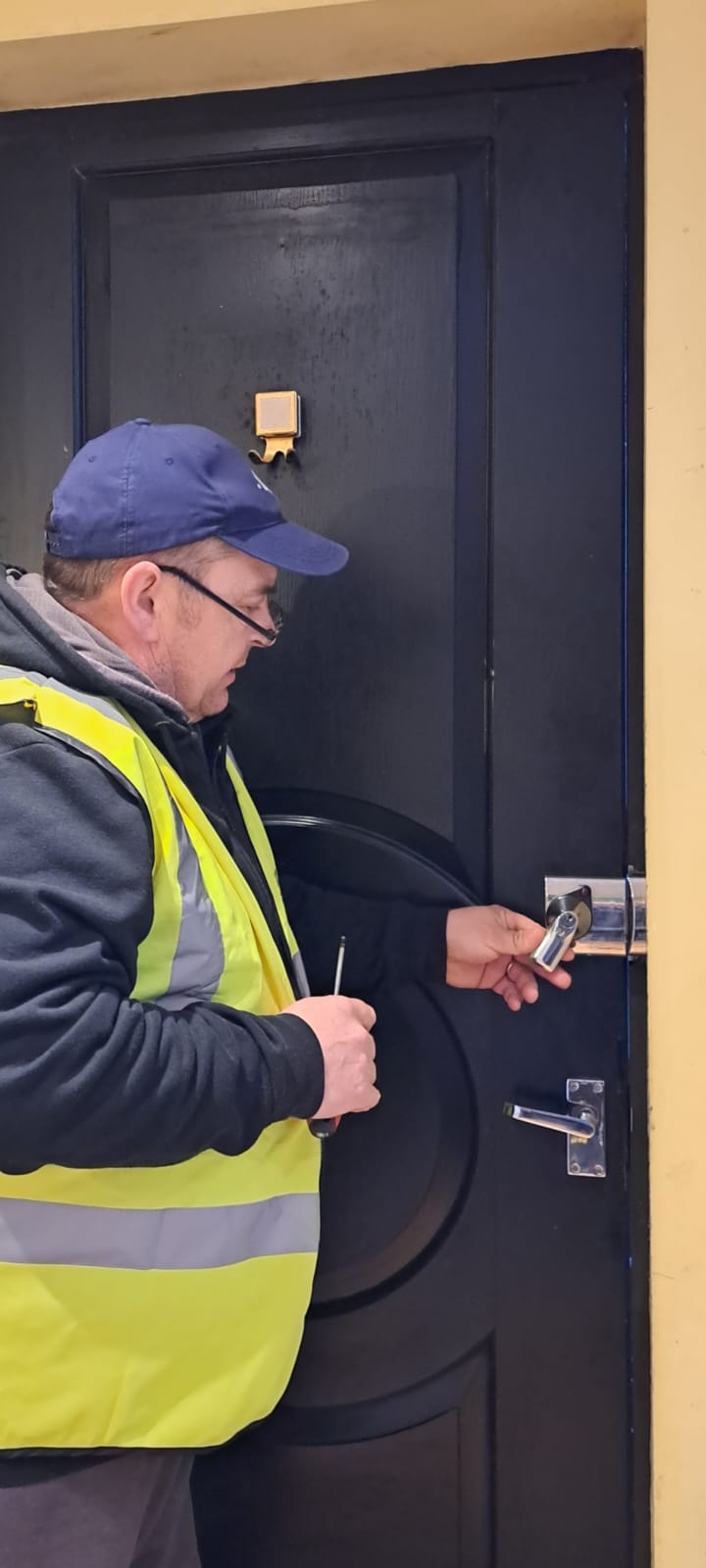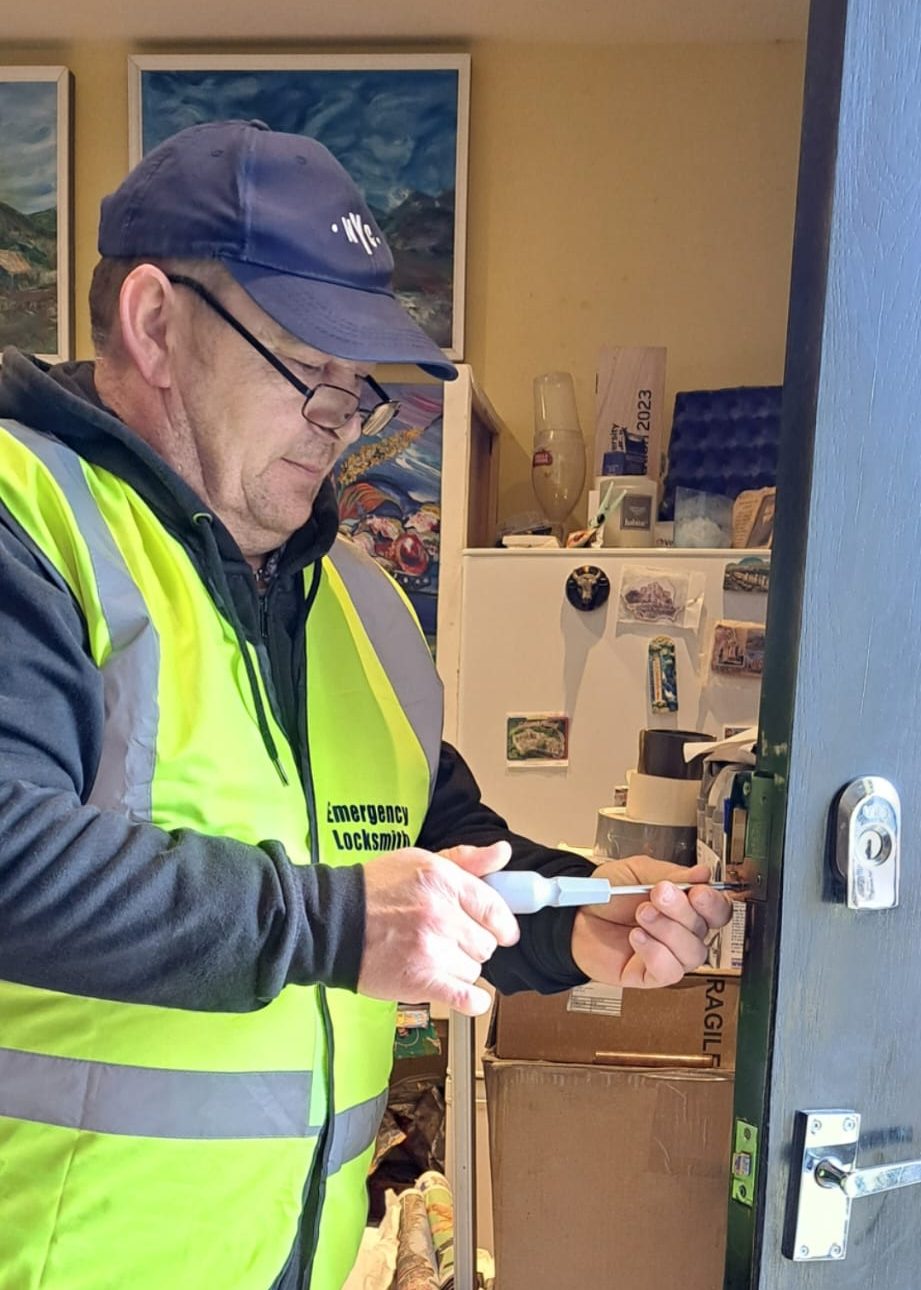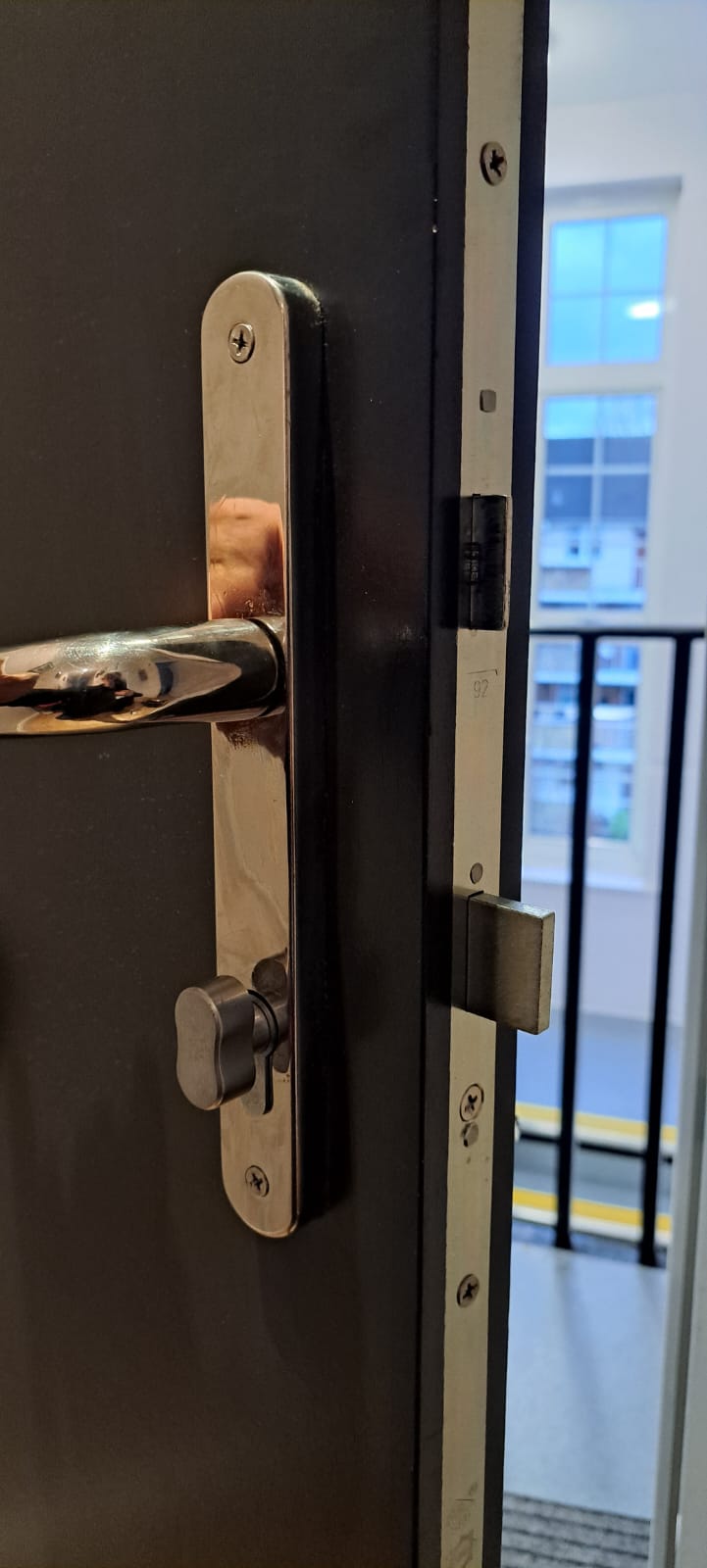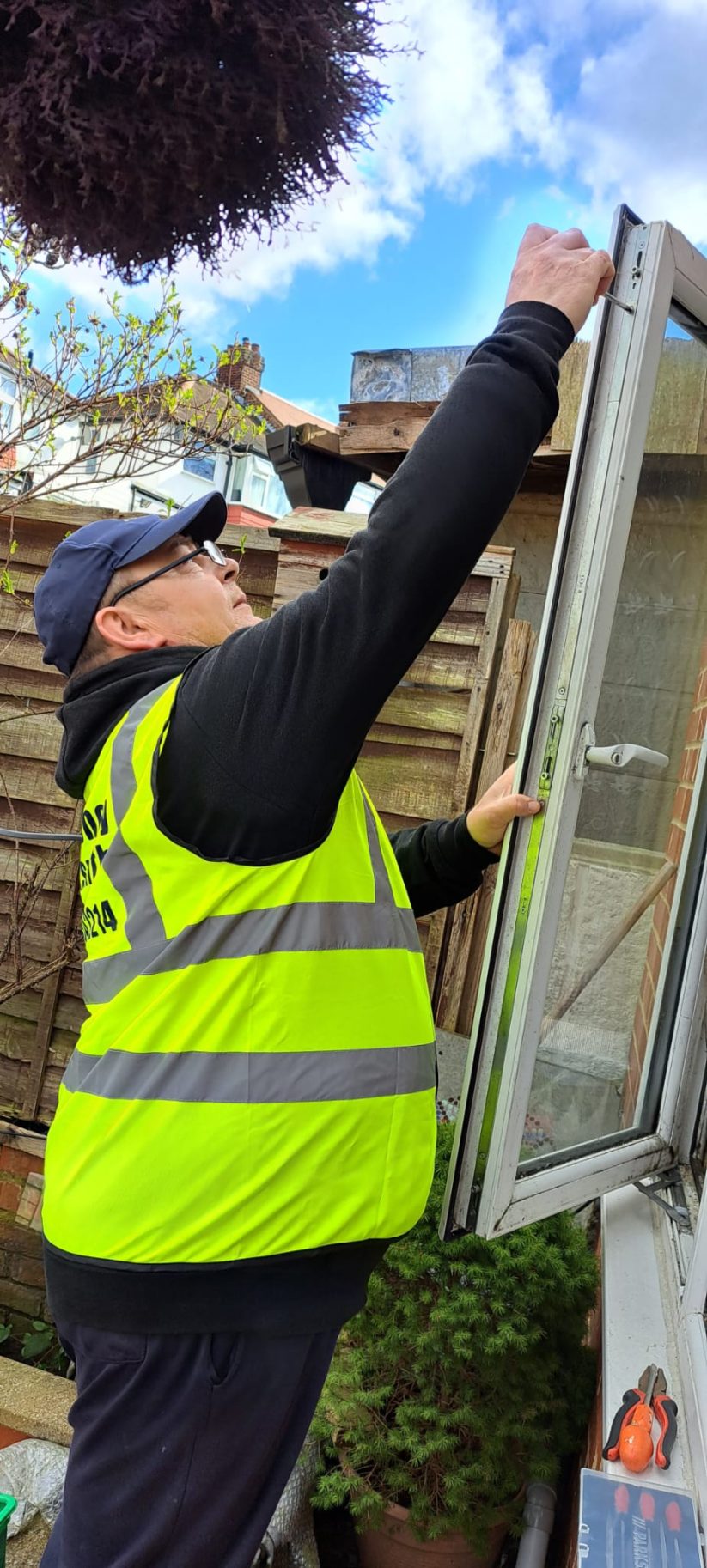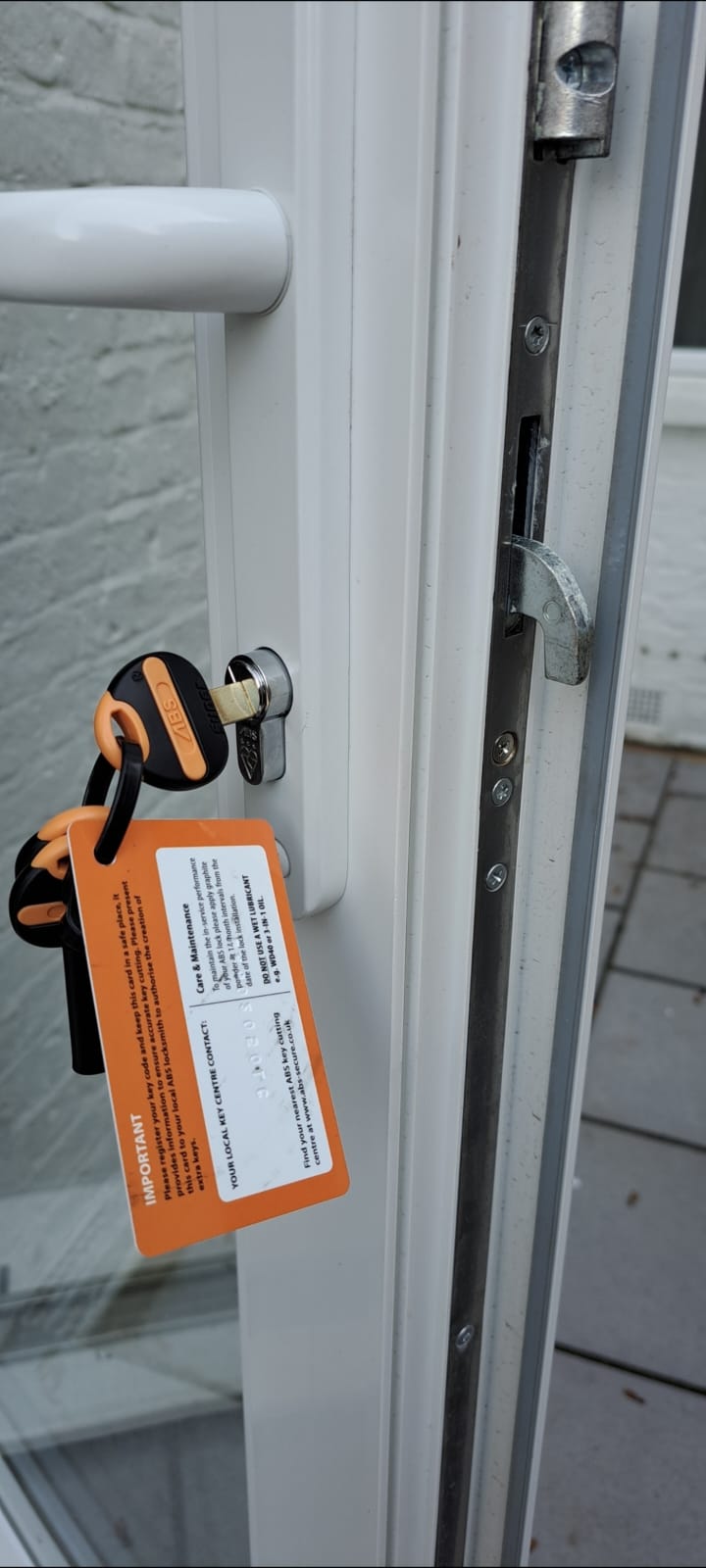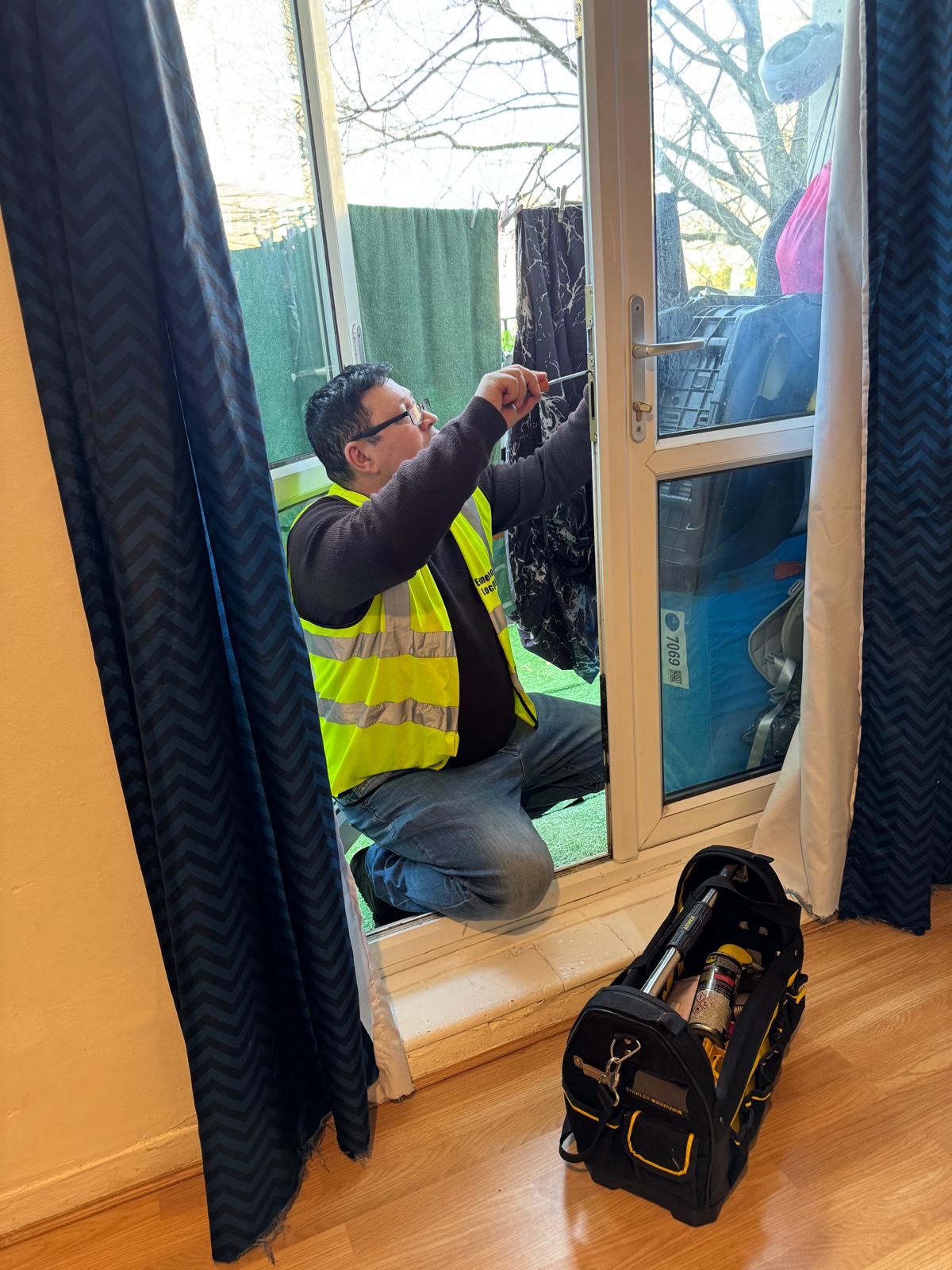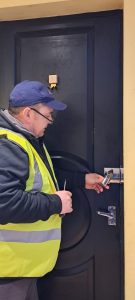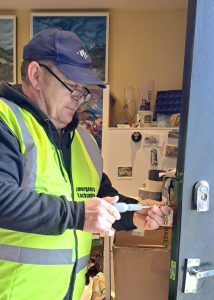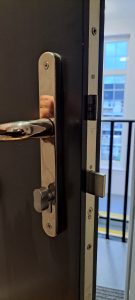| 5 Things to Check When Choosing a Locksmith (includes How to Check His/Her Credentials) |
Most people call a locksmith during a time of need, like:
- Being locked out of their home or office.
- When their keys are lost or stolen.
- If their locks are jammed or broken.
- To upgrade their locks after a break-in or security breach.
In the rush to solve their urgent problem, too many people don’t spend enough time verifying their locksmith. These lapses can open home and business owners up to exorbitant pricing, shoddy workmanship, or in rare cases, allowing keys or security details into the hands of criminals.
Here are the top 5 things to check when choosing a locksmith.
#1. Accreditations and memberships
The locksmith sector is not regulated by the British government. In practice, that means there is nothing to stop rogue locksmiths posing as legitimate businesses. However, bodies like the Master Locksmiths Association (MLA) or the British Safe & Vault Trade Association (BSVTA) help ensure professional standards among their members.
As the leading trade association for locksmiths, the MLA has established its own rigorous vetting and approval process to ensure high standards of professionalism, security, and competence among its members.
Some of the steps required to achieve and maintain MLA membership include the following:
- All members must undergo a Disclosure and Barring Service (DBS), formerly known as a CRB check.
- A comprehensive series of exams set by the MLA.
- Regular compliance and work quality inspections.
- Adhering to a strict code of conduct.
- Ongoing training and professional development.
Members are allowed display the MLA logo on their website. However, it’s become increasingly common for rogue locksmiths to use the MLA logo without going through the requirements above.
So, one of the most important things to check when choosing a locksmith, is ensuring they are a legitimate member of the MLA. Thankfully, it’s pretty easy to do on the MLA website by clicking this link and finding locksmiths near your area.
#2. Credentials and Licensing
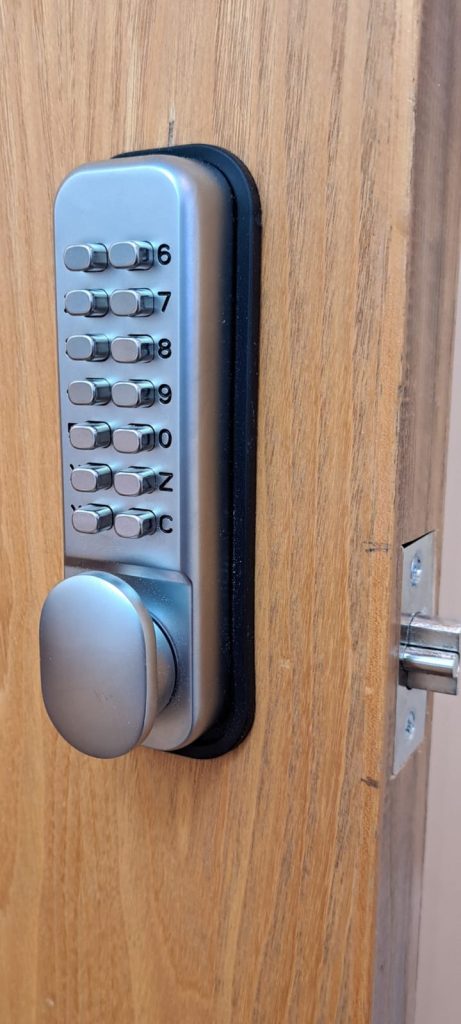
While there’s no statutory licensing for locksmiths in the UK, credentials and qualifications are still a great way to know if the person you’re dealing with is a legit professional. Like many other industries, recognised qualifications and formal training tell you that a locksmith has:
- Invested in learning the trade.
- Adheres to industry standards.
- Can complete work to an acceptable standard.
Some of the credentials and licenses to look out for include:
- MLA Level 4 Certificate in General Locksmithing Skills
- Apprenticeships or training courses with recognised providers.
- Proof of training or courses.
While certs and courses will tell you a lot about an individuals competence, there is another related factor that can let you know you’re in trusted hands: experience!
If your prospective locksmith has survived the industry for a long time, it’s because they bring expertise and reliability to the table.
#3. Reviews

Customer feedback is a solid way to gauge the trustworthiness and quality of a locksmith. Some of the best independent review sites that you can check include:
- Trustpilot
- Checkatrade
- Yell
The best thing about these reviews is that the give you an incredible and often detailed insight into a particular aspects of a locksmith services, such as:
- Professionalism
- Customer service
- Prices
- Quality of work
- Types of service offered.
Read enough reviews, and patterns will start to emerge, both positive and negative. Here are a few things to look out for when using reviews to choose a locksmith.
- Look for reviews on independent review platforms. Some locksmith’s cherry pick the reviews or testimonials on their website, while some just make them up entirely.
- A large volume of reviews over a long period is typically a good sign. Consistency is key.
- Don’t just look at star ratings; dig into the reviews to get the details. Look for mentions of punctuality, transparency, professionalism, and aftercare.
- If you do come across a new negative reviews on otherwise high-scoring profile, look at how the locksmith responds. Are the professional and focused on resolving the customer’s issue?
#4. DBS Check
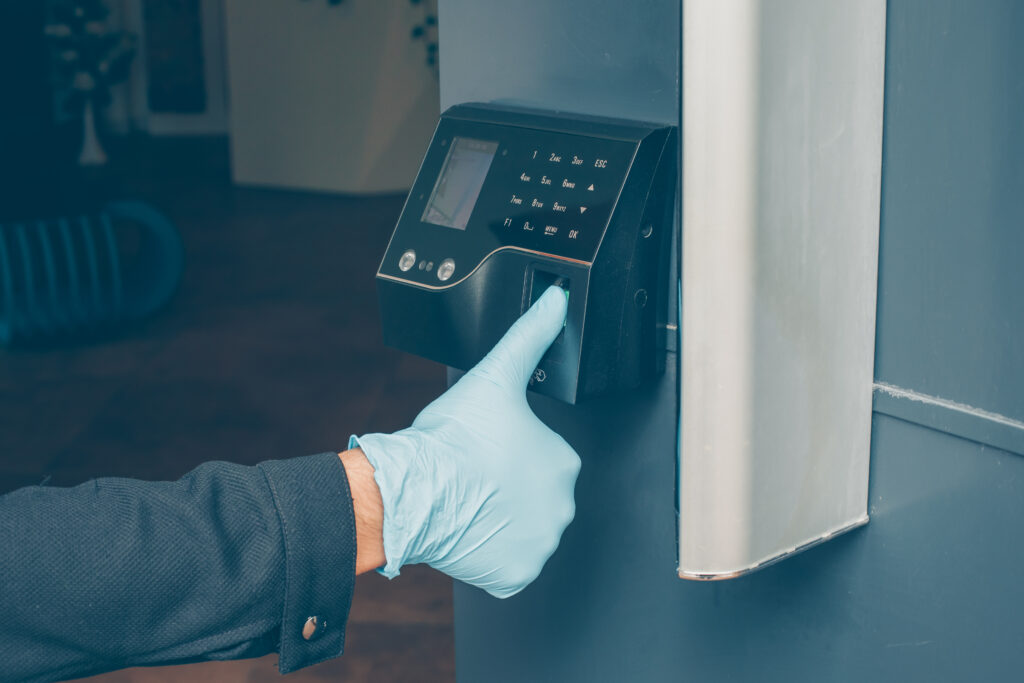
A Disclosure and Barring Service (DBS) check (previously known as a CRB check) is a background check to see if someone has a criminal record. We grant locksmiths access to our homes and businesses, so it’s important to ensure they don’t have a history of theft, burglary, or other relevant offences.
Again, the lack of regulation within the industry means that locksmith aren’t required to provide a DBS. This situation underlines the importance of working with an MLA-approved locksmith, because a DBS check is mandatory for membership.
If you confirm their acceptance in the MLA, this step is not strictly necessary. However, if you need to do a thorough job, here are some steps you can take:
- Ask to see you locksmiths current DBS certificate.
- Request the reference number and cross-check with the issuing body.
Finally, most locksmiths will have standard DBS checks. Enhanced checks are typically for people working with vulnerable groups. So, it’s not something to be concerned about if a locksmith presents a standard check documents.
#5. Insurance and guarantees
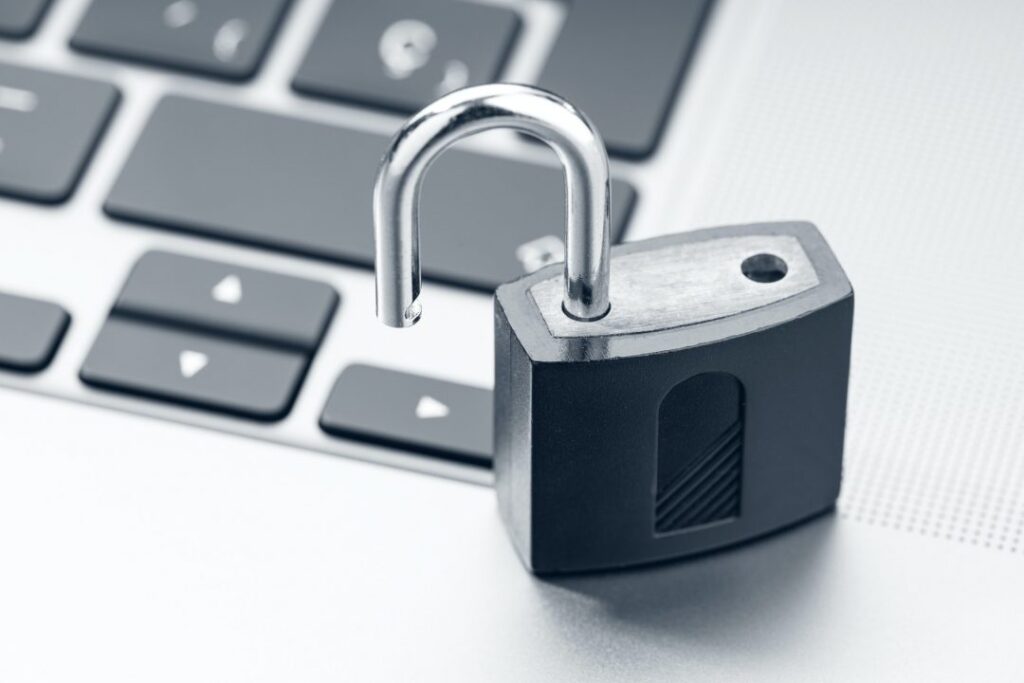
Even the most skilled or experienced locksmith can run into an accident from time to time. So, it’s importnat to clarify whether both you and the locksmith are protected in case of rare events. Along the same lines, it’s essential to work with locksmiths that stand behind the work by offering a guarantee.
Some of the things that are worth checking when choosing a locksmith.
- Ensure your prospective locksmith has public liability insurance. These policies cover accidental damage to your property or injury to you or others during the job.
- Check whether the locksmith offers guarantees for the parts they use.
- Get assurance that the locksmith guarantees their workmanship for 12 months.
Final thoughts
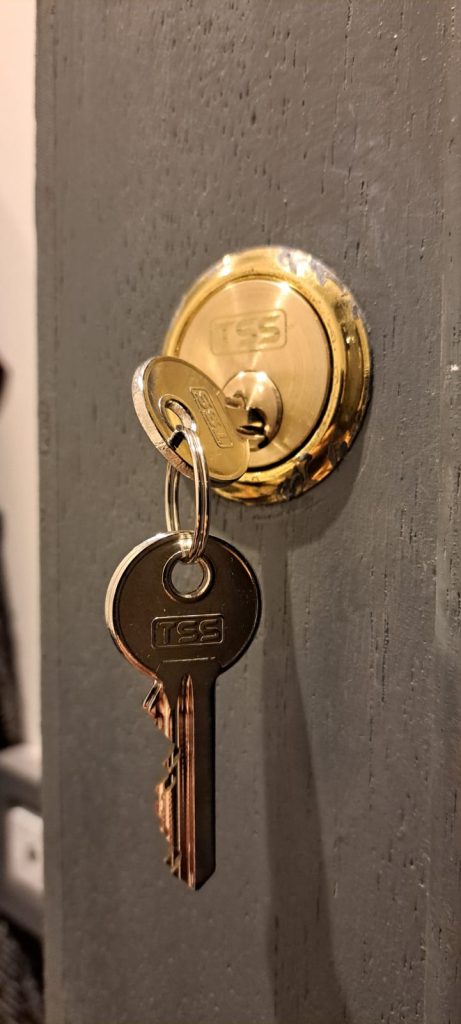
Our five things to check when choosing a locksmith will protect you from substandard parts, property damage, and future security vulnerabilities. While most locksmiths are out there doing an honest job, the lack of government regulation within the industry means there are rogue actors operating in the sector. Stick to our checklist and you’re home and business will stay safe.

